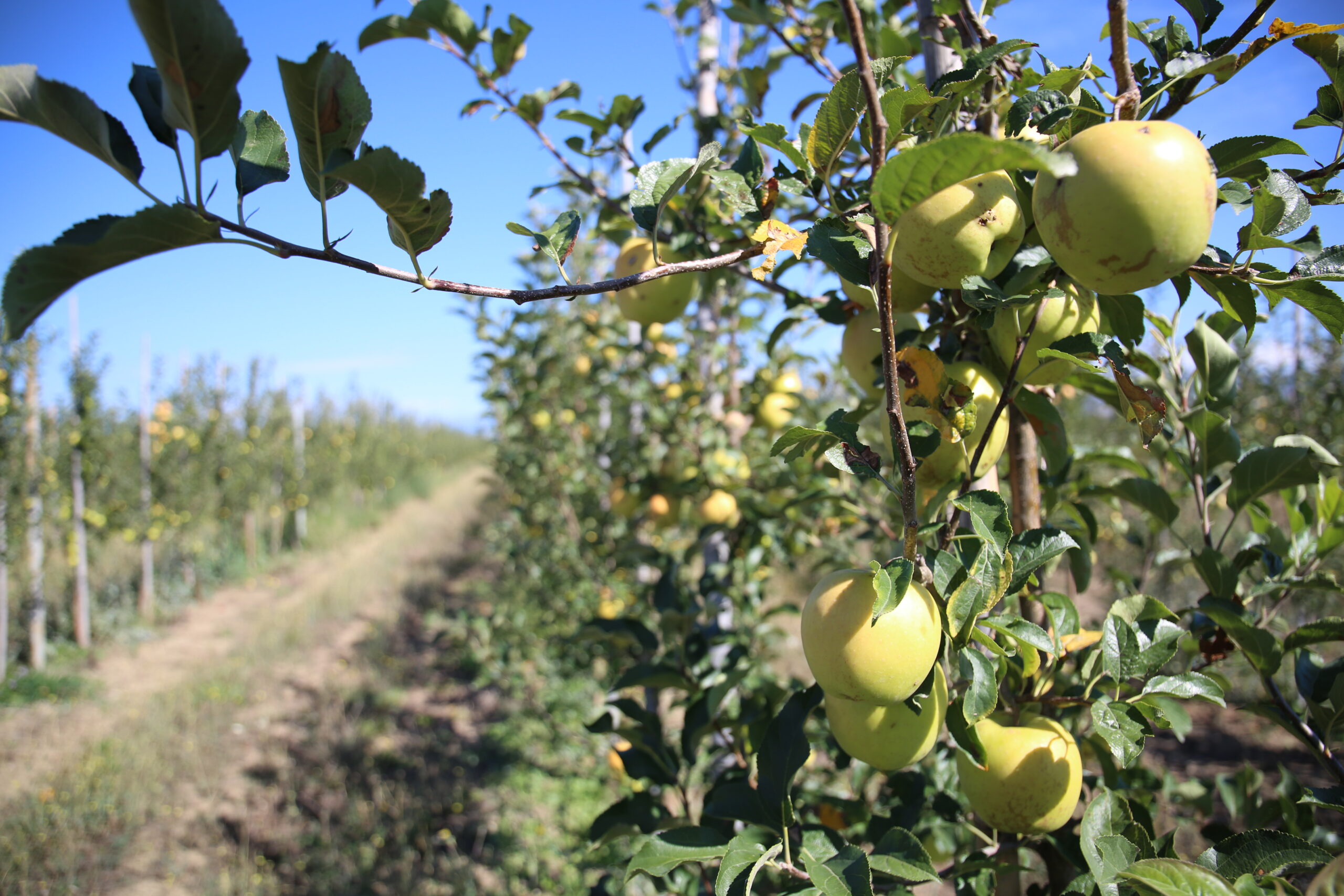Agribusiness Development Project
Moldova
Overview
The five-year USAID-funded Agribusiness Development Project (ADP) in Moldova (2004-2009), implemented by CNFA, improved the international competitiveness and trade performance of the country’s high-value agriculture sector, ultimately increasing rural incomes and employment. The $19.2 million project was successful in preparing Moldovan enterprises to meet the challenges of the international market. ADP strengthened the capacity of all participants in the value chain in Moldova, including producers, processors, aggregators, and exporters. The approach emphasized the identification of markets for individual products, the use of value-chain drivers, production of marketable products, financing for replication, and the dissemination of market information.
Impact
- $105 million high-value fresh and processed agricultural products exported by client companies over a three-year period, with final year exports of $34.3 million and a 23% increase over the baseline year
- Eight producer marketing organizations created and forested to support improved marketing of HVA fresh export products
- 23 matching grants made to producers (18) and processors (five) worth a total of $1.3 million
- 100 small grower grants totaling $200,000 made through the National Extension Network (ACSA) and $260,000 in small farmer investments
- $7.5 million investments generated by ADP activities (50% above the targeted $5 million) for 88 clients

Approach
- Developed High-Value Agriculture Sector: ADP focused on developing the high-value agriculture sector by increasing the quality of crops through new technologies, including cold storage, better pre- and post-harvest handling techniques, and improved seeds. By the end of the project, participating firms had exported over $105 million in processed agricultural products, an increase of more than 23%.
- Promoted International Quality Assurance and Certifications: To boost exports to higher-value international markets, ADP facilitated largescale gains in crop quality assurance and certification in food safety and quality standards.
- Expanded Access to Markets: Due to Russia’s 2005 embargo on Moldovan fresh fruits and vegetables, ADP began identifying and cataloging new markets for Moldovan produce. Target market conformation studies were conducted in the Baltics, Belarus, Germany, Poland, Romania, and Ukraine to assess the demand and market qualifications for 12 products, including apples, sweet peppers, tomatoes, table grapes, and other fresh fruits and vegetables. ADP conducted detailed rapid market appraisals in Romania, Russia, and Ukraine to give greater market detail and identify specific buyers. Domestic and international study tours followed to allow more than 1,500 people to make important international buying contacts.
- Leveraged Private Investment Through Matching Grants: ADP employed matching grants to increase local buy-in and promote investment in new technologies, awarding 23 producers and processors with grants worth $1.3 million to implement modern technologies including cold storage and new drying facilities. With a matching ratio of two-to-one, the grants leveraged an additional $2.9 million from local enterprises. Producers were able to increase their annual sales from $500,000 to over $4.2 million, almost $2 million in high-value products. Similarly, processors increased their sales of high-value products from $1.3 million to $6.1 million.
- Promoted Market Information: To ensure producers and processors had access to the latest market information and training material, CNFA worked with the National Extension Network, a local Moldovan non-profit development agency, to create Export Moldova. Export Moldova provided market surveys and training materials on international safety certifications, modern agricultural practices, and planning and management.



